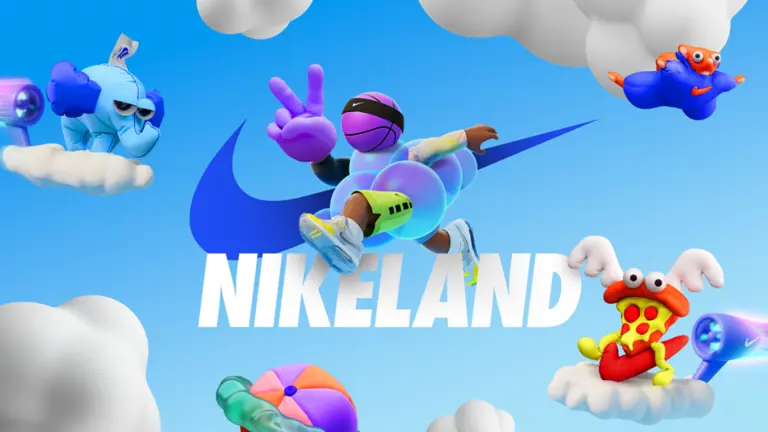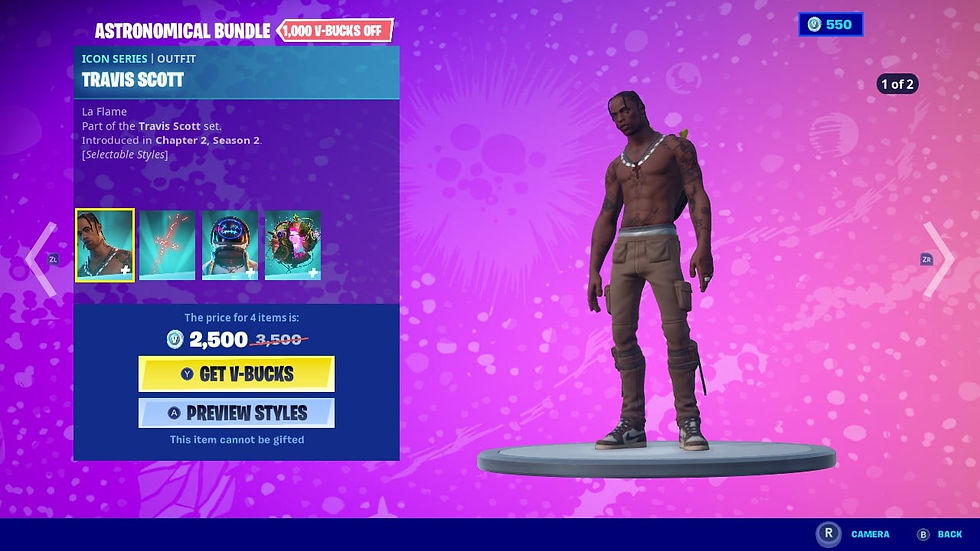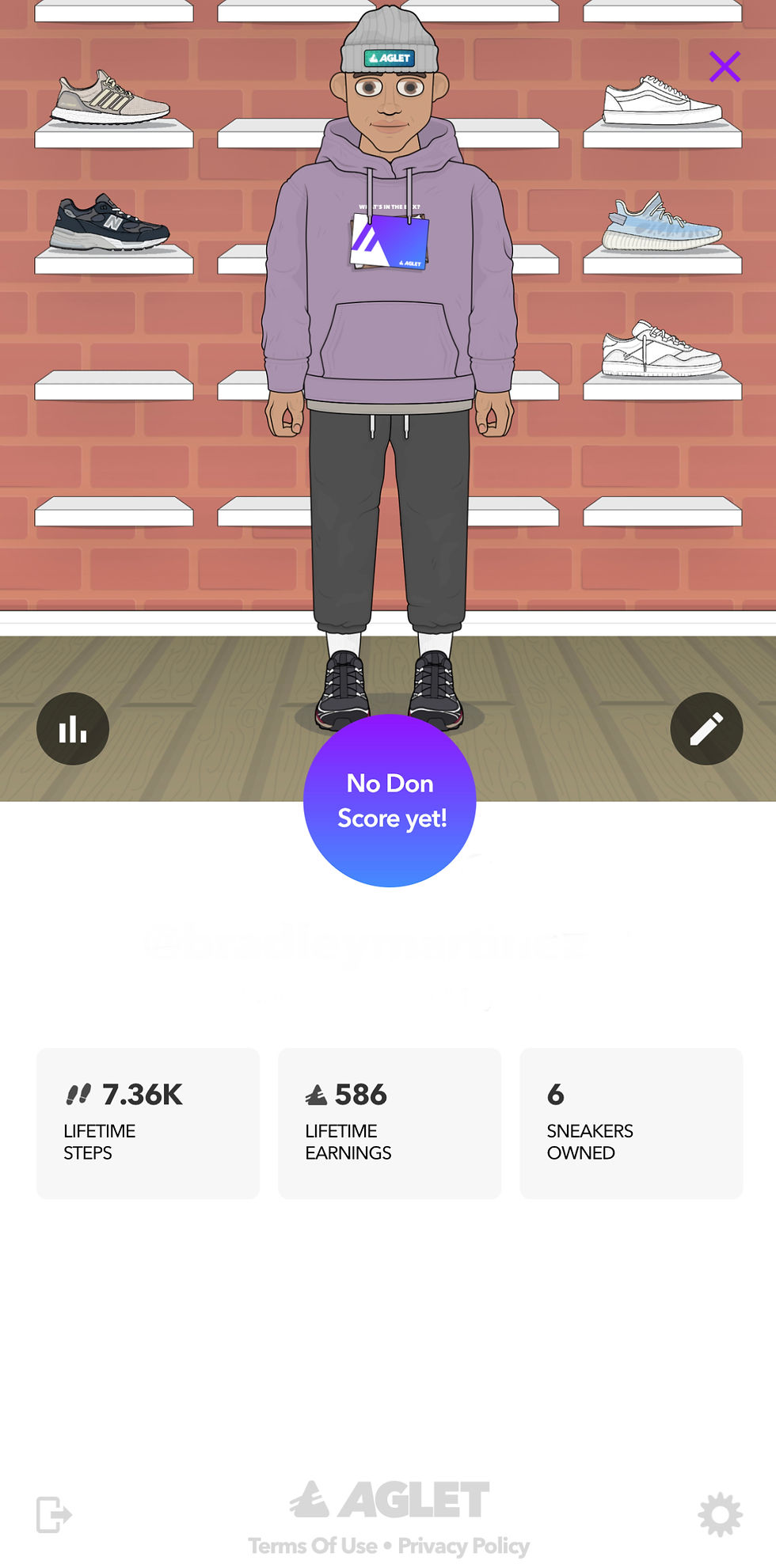The Dematerialisation of Footwear.
- Bradley Martinez
- May 5, 2023
- 4 min read
As consumers, we are spoilt for choice when it comes to purchasing products of any variety. Offerings from brands never seem to get smaller, if anything, they become larger than life. Although this is good from a consumer perspective, what does that mean for the footprint these industries leave on the environment around them?
Fashion as a medium, is seen as one of the most environmentally harming industries, with little being done about it. The estimated contribution of carbon emissions for 1 t-shirt is roughly around 6.75kg. Compare that singular stat, with the hundreds of thousands t-shirts produced by every brand each year. The figure then starts to look scary.
This piece however, is less to do with the good, the bad and the ugly, but so more centralised around a shift in our mindsets as consumers and the dematerialisation of our buying patterns. What does this mean? Brands are creating more sustainable, consciously designed product that emits much smaller carbon footprints. Although having a positive effect, it is still a tangible asset that feeds into our materialistic obsessions as humans. Taking a look at the wider spectrum of consumerism, brands like Nike, adidas and ASICS (and many more) have been spending the last few years exploring the digital landscape whether that's been through creating worlds for people to enjoy in Roblox, in-game skins in Fornite and Aglet or even exploring the possibilities within NFTs. All of these facets of digital experimentation are not only creative and engaging ways to connect with their communities, but new products for us as a consumer to interact with and own.

How does this link to the title of this post? Traditionally, the fashion and footwear markets are immersed in tangibility through the way a person interacts, looks and feels a product. Thus creating an element of want and desire, seeing things you can or can't have. A desire of which adds more fuel to the ever growing fire of global warming. The introduction to the meta-verse and its infinite possibilities offers the opposite - a low impact outlet of consumption that not only connects with new and existing consumers but offers a more environmentally friendly way to wear, sell and appreciate product.
Of course there are arguments surrounding the emissions created by crypto mining and the masses amount of electricity it uses. There are however proven work arounds, happening on a wide scale, to counter act those effects with more sustainable green crypto mining utilising renewable energy. Looking beyond that, digging deeper into how we interact with product. Should we as consumers think more consciously when we buy our next pair? Should we consider buying one less pair and appreciating it in new ways? What are those new ways?
The answer is still clouded, however, the investments being made by brands into digital world is no joke. It not only creates a more equal, new and engaging way for people to interact with product, but also the potential to help us become more detached form the material world, if we chose to be. For example, when partnerships like Fornite x Travis Scott happen, consumers are not only taking part in the online activations such as, the concert, but they are also trying to buy all the digital merchandise that comes with it. Now ask, how many of those purchases were made by collectors who couldn't get or own a real pair of Travis Scott x Air Jordan 1 Highs? Although that figure isn't available, there is no doubt the impact made on the footwear scene caused a rift across multiple media outlets and consumers sharing their thoughts and purchases.

We could argue with ventures such as, Nike and RTFKT's NFTs, merge both the digital and physical retail markets together, creating a harmonious collaboration for all to enjoy. Let's also bare in mind the utilities attached to these NFTs won't always translate as access to physical product. Ron Faris, VP/GM of Nike Virtual Studios, has even alluded to the idea of private chats with Nike designers, opening a whole new realm of possibilities in what you are purchasing.
The digital market can be seen as a wider, more accessible and affordable method of consumerism. A pair of New Balance 992s are close to £200 retail and not everyone can afford that price tag. But, on the sneaker gaming platform Aglet, they can be either acquired for free via a randomised 'treasure stash's' or purchased for a fraction of the price. Could this be the way to help younger generations, families with lesser financial means or those who can't appreciate product in the same way due to physical disability, feel included in a once closed off 'cool kid' subculture, allowing diversity and inclusion to be brought to the forefront of the conversation.
In summary, who's to say we can't buy one less pair of shoes and make that same acquisition digitally to help make a conscious difference to the world we live in. For now our options are limited and brands want it to be that way, creating hype and desirability the same way they do in the physical retail markets. However, only in time will the success of these endeavours prove to work or not. Over the last few years their has been a lot of advancements some of which are already looking very promising. So let's hope that it is streamlined in a way we can all understand and enjoy.





Comments